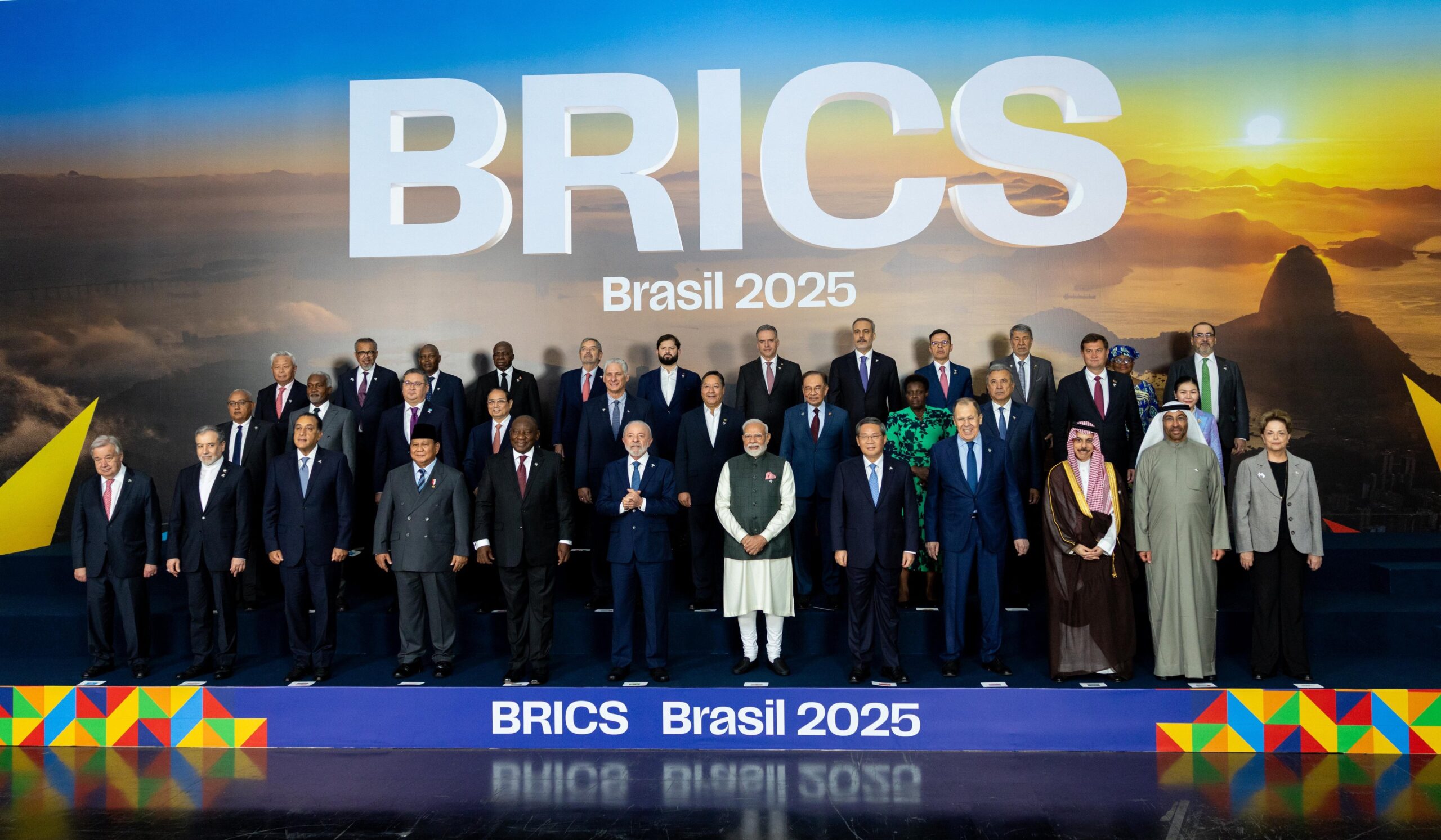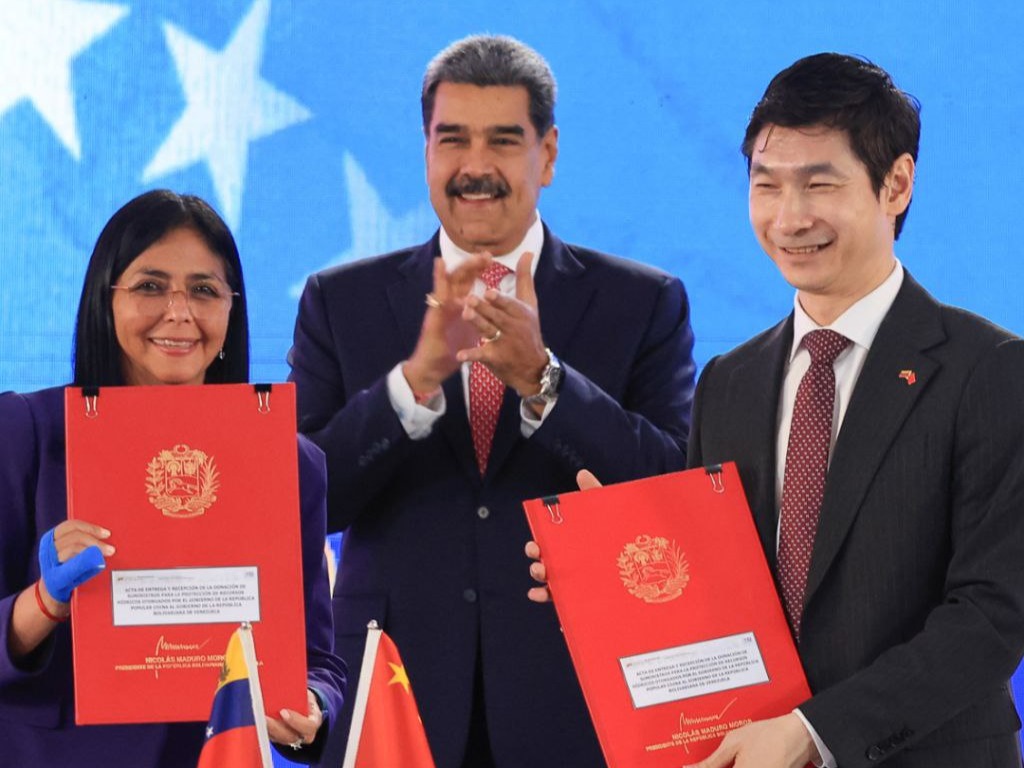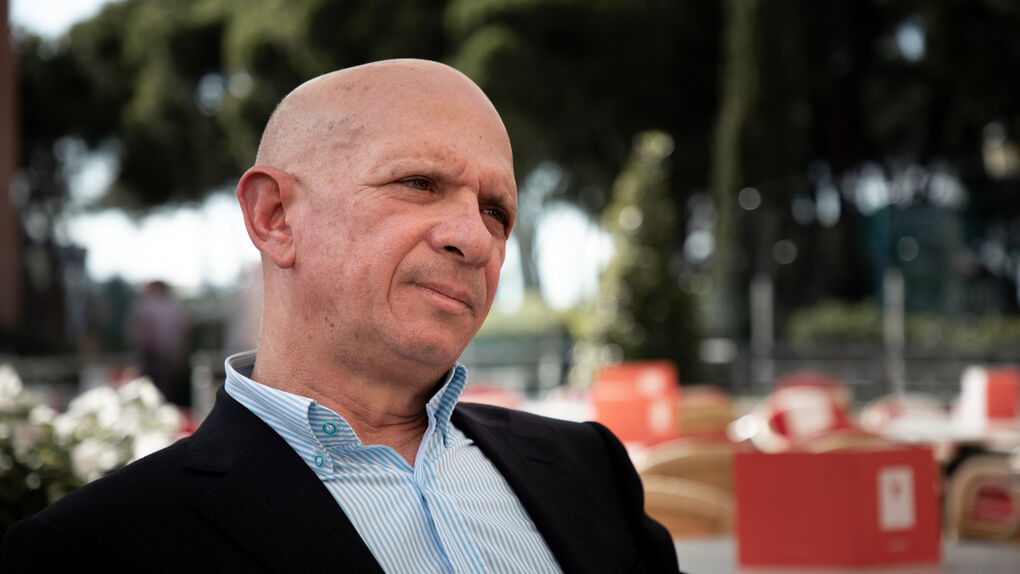Venezuela’s Executive Vice President Delcy Rodríguez and Chinese Ambassador to Caracas Lan Hu during a meeting on April 16. Photo: Venezuelan Vice Presidency.
Guacamaya, April 16, 2025. Amid the recent revocation of oil licenses for Western companies, and the imposition of secondary tariffs for buyers of Venezuelan crude, Executive Vice President Delcy Rodríguez met with Chinese Ambassador to Venezuela Lan Hu to review and “deepen” bilateral agreements.
At the same time, Venezuela’s oil exports to China have surged to their highest level since 2023, reaching approximately 500,000 barrels per day, allowing China to secure significant discounts on oil prices.
On her social media, Rodríguez described the meeting as “fruitful” and affirmed both nations’ commitment to “further strengthening ties in key development areas for the comprehensive growth of our peoples, amid a context of global threats and challenges.”
This diplomatic push comes as Venezuela’s oil exports to China hit 500,000 barrels per day in February—the highest volume since June 2023, according to preliminary shipping and vessel-tracking data from Reuters. The increase persists despite U.S. sanctions designed to restrict Venezuelan crude trade.
In March, exports dipped partly due to pressure from the Trump administration and power outages at Venezuelan terminals. However, shipments to China remained steady at 480,000 barrels per day.
China has benefited from these sanctions by purchasing Venezuelan crude oil at significant discounts. Merey crude, used primarily for bitumen production in China, traded at a discount of up to $14 per barrel compared to the Brent global benchmark. During the first wave of “maximum pressure,” the discount reached as far as $40 per barrel. This situation has allowed Chinese refineries to obtain oil at lower prices, strengthening their position in the energy market.
To sustain trade, both nations have employed tactics such as intermediaries, triangular transactions, and ship reflagging.
The meeting between Rodríguez and Lan Hu sought to advance joint initiatives in energy, infrastructure, space cooperation, technology, and health.
“We continue consolidating a model of cooperation based on respect, sovereignty, and mutual benefit,” Rodríguez stated.
With this move, Venezuela reinforces its multilateral diplomacy strategy to counter Western pressure and break its isolation. China, alongside Russia, plays a pivotal role in this effort to counterbalance the U.S.—which is itself locked in a trade war with China.
The current geopolitical climate and actions by the Trump administration have deepened Venezuela’s reliance on its alliance with one of the 21st century’s rising powers, even as Washington intensifies efforts to isolate President Maduro and his government.







